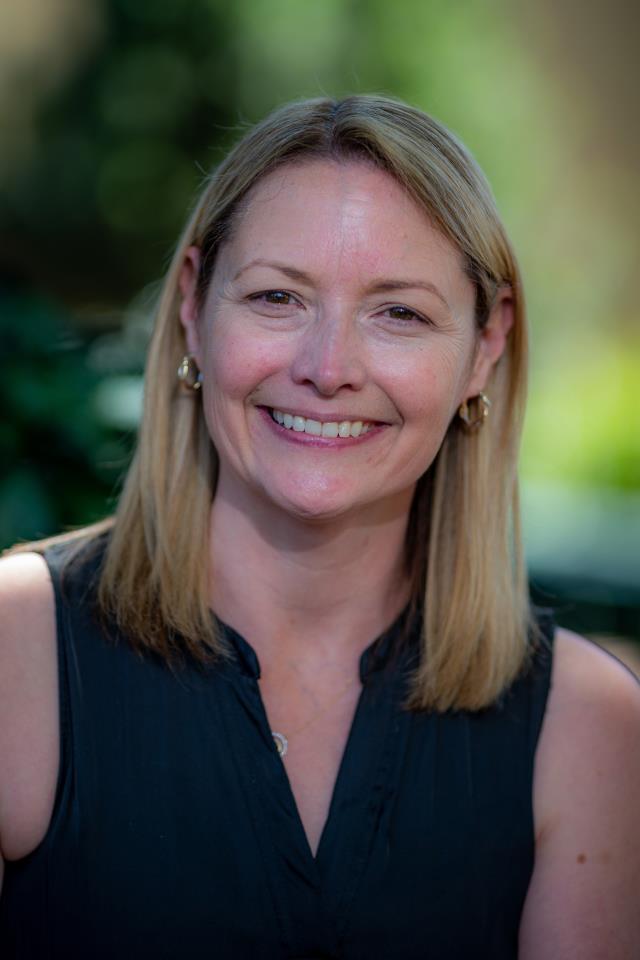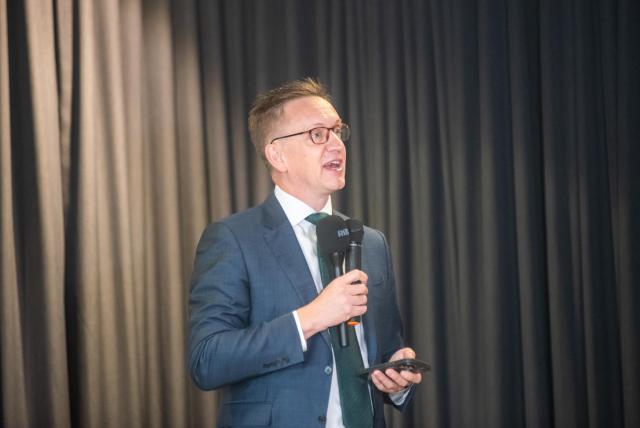
By Emily Chapman Laing and Cam Lucadou-Wells
Labor MPs have welcomed the Federal Budget’s cost-of-living relief but South East support services say it will do little to lift people out of poverty.
Bruce MP Julian Hill, who ahead of the budget stated he was in favour of a JobSeeker rise, said the budget hit the “right balance between responsibly easing cost of living pressures while putting downwards pressure on inflation”.
“This Budget is designed to see Australians through hard times and set our economy and our country up for lasting success.”
He noted help with power bills, as well as tripling the GP bulk billing incentives, Parenting Payments reform, a $40-a-fortnight increases in Jobseeker, Austudy and Youth Allowance and a 15 per cent boost in the maximum Rent Allowance payment
Mr Hill said 44,000 people in Bruce were set to benefit from being able to buy two months of medicine for the price of a single prescription.
“Together these add up to a significant package for those most disadvantaged in society, while delivering the first Budget surplus for 15 years, an astounding turnaround from the Liberals’ giant deficits and spendathons.”
Hotham MP Clare O’Neil noted the Energy Price Relief Plan providing a rebate up to $500 for residents and $650 for businesses.
“I know that this will make a real difference in household budgets – helping families in our community to get ahead.”
South East Community Links (SECL) financial wellbeing head Kay Dilger said the budget had positive outcomes, “such as increased support for single mothers and better access to bulk billing GPs”.
“However, the harsh reality is that the marginal increase to JobSeeker payments is insufficient to ease the financial burden faced by countless Australians.
“An increase of just $2.85 per day will not alleviate the financial stress experienced by many individuals and families in Melbourne’s south eastern suburbs.
“Despite some positive measures in the budget, we’re bracing ourselves for a wave of emergency relief and financial counselling requests from the community.”
Ms Dilger says the need for emergency food relief has doubled and mortgage stress has skyrocketed from 15 per cent to 25 per cent in financial counselling with no funding to match the demand.
“Without more substantial support from the government many families in the south eastern suburbs will be left struggling to make ends meet.”
However the removal of the five-year eligibility criteria for migrants and refugees to access the Settlement Engagement and Transition Support Program will make a significant difference to many SECL clients.
“Newly arrived people in our community can continue to access essential support after five years, enabling them to fully participate in and contribute to our society,” Ms Dilger said.
“At the same time, we will need to see further government investment in this program to accomodate this expanded eligibility.”
Wayss general manager Shari McPhail said Wayss applauded the federal government for recognising cost of living pressures are forcing many families to the brink.
“But the budget measures are insufficient,” she said.
“The increase to Job Seeker, Youth Allowance and Austudy of $2.85 per day, or $20 per week, is well below the Economic Inclusion Advisory Committee’s recommended rise of at least $128 a week to ensure people can merely cover the basics.
“The first real increase in over three decades of 15 per cent to Commonwealth Rent Assistance will neither ease the rental vacancy squeeze nor enable those already experiencing or at risk of homelessness access to private rental.”
Ms McPhail said other measures, such as investment in Medicare to increase bulk billed consults and the $300m investment to retrofit 60,000 social housing homes, “will greatly benefit people on very low incomes”.
However Wayss remains concerned.
“With the Housing Australia Fund still to pass the Senate, our communities most vulnerable will continue to be forced to live on the margins,” Ms McPhail said.
Bakhtar Community Organisation welcomed the “positive steps” from the cost-of-living support.
“While the impact may vary depending on individual circumstances, any increase in welfare payments can help alleviate financial pressures,” chief executive Bassir Qadiri said.
He said it was crucial to advocate for affordable housing solutions to “bridge the gap” for struggling ‘middle income renters’.
“This could involve collaborating with government bodies, engaging with stakeholders in the housing sector, and promoting policies that address the specific needs of this group.”
South East Melbourne Manufacturers’ Alliance Chief Executive Honi Walker said SEMMA “cautiously welcomes” the Federal Budget.
Ms Walker says there is “minimal immediate impact” on manufacturers, but also little to get excited about.
“It will be business as usual for SEMMA members in the south east, now the hub and powerhouse of Australian manufacturing,” she said.
“SEMMA is pleased that defence spending will continue.
“The investment in the renewable energy sector is also welcomed, however the government will need to listen to industry on the issues affecting manufacturers.”







